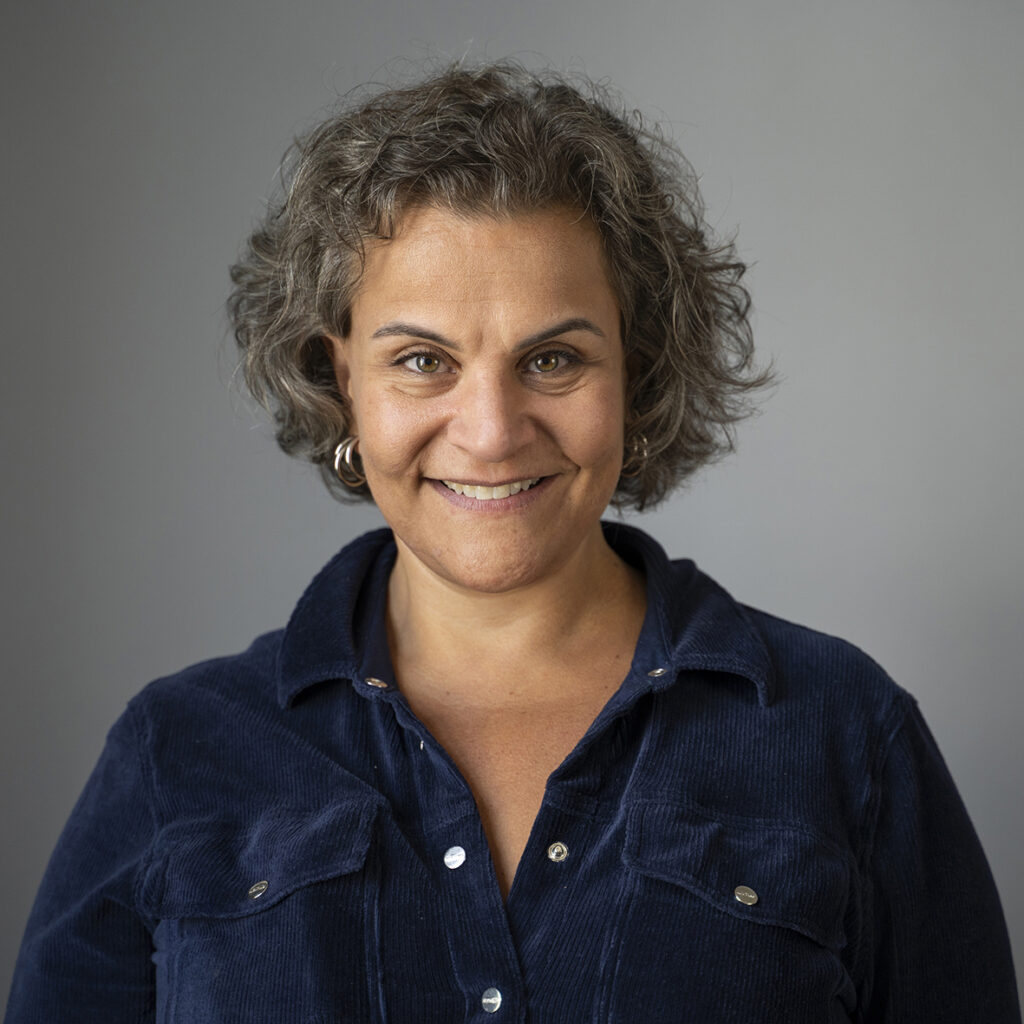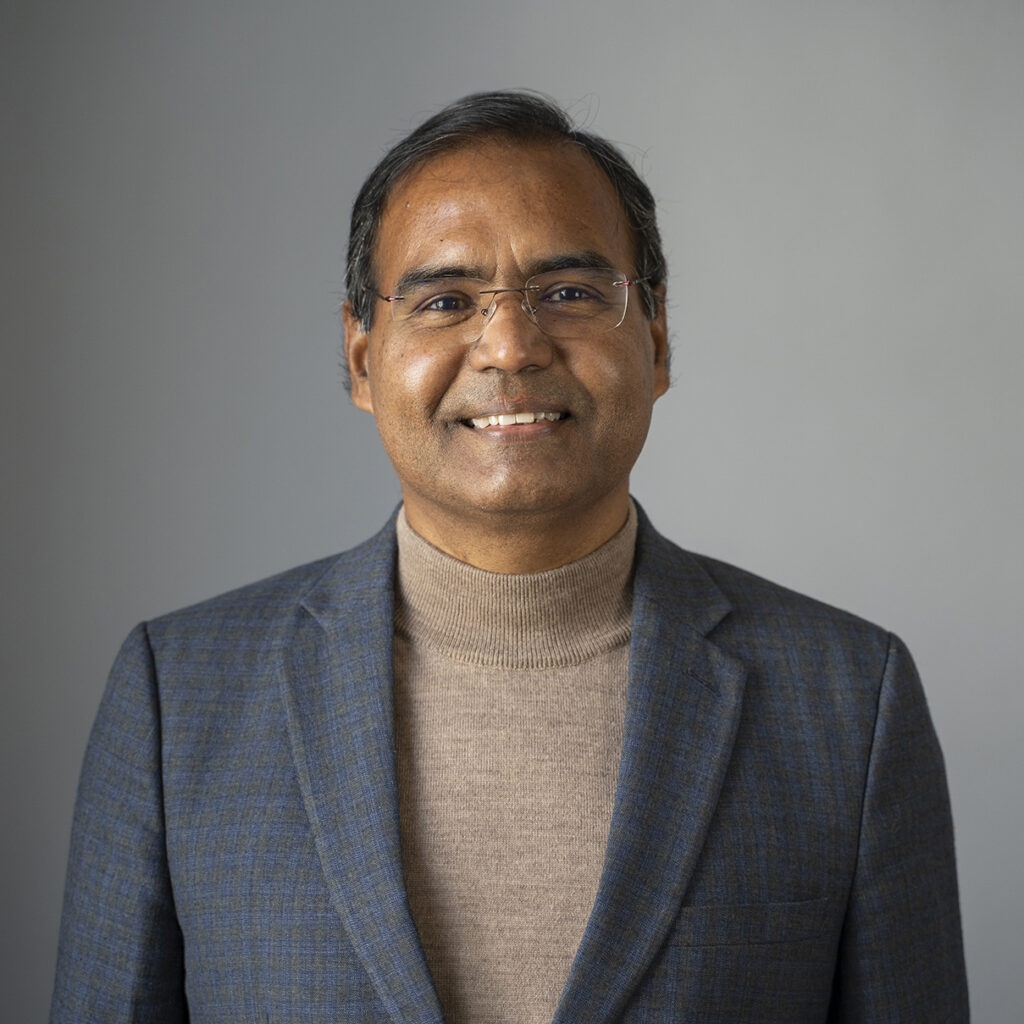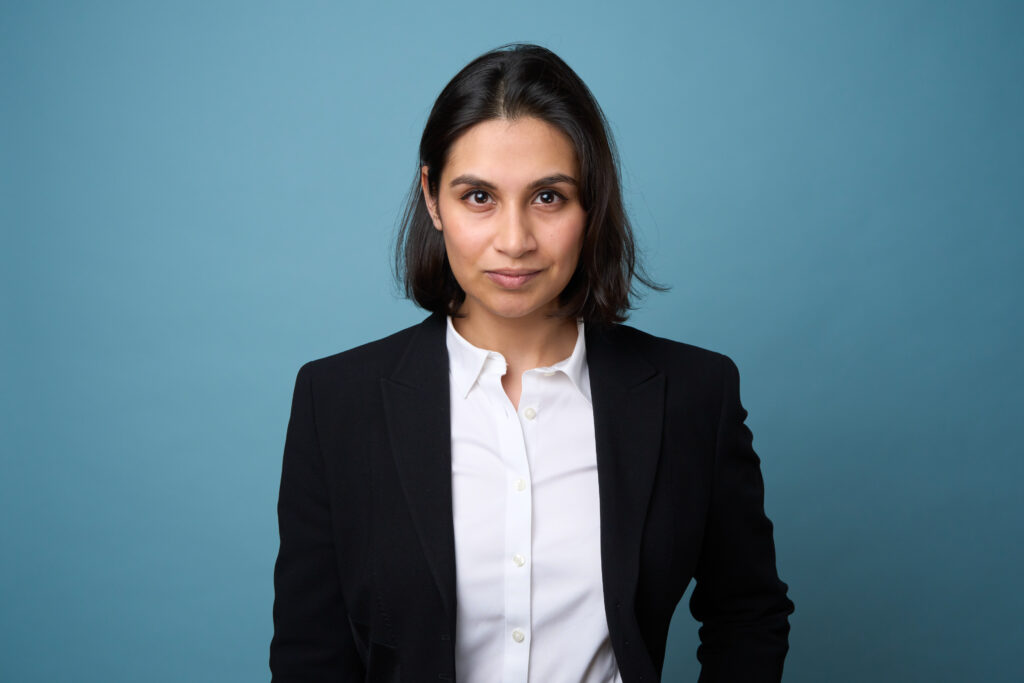About US
We are a group of established organizations that believe in the power of South-to-South collaboration to enhance the digital resilience of the social justice ecosystem in our local and regional contexts.
Our diversity allows us to collectively produce research, develop tools, run help-desks and threat labs and build infrastructure to address the fast changing complexities of the digital ecosystem. We have specialized work streams dedicated to the emerging priorities of the Global South digital ecosystem:
- Tech Lab: where we share knowledge and cross regional learning in the areas of mobile forensics, threat intelligence and risk assessment frameworks.
- Information Disorders: we produce research and case studies from our various geographies to share a deeper understanding about information disorders in the Global South, also strategies and recommendations to address them.
- Social Justice values: we study and document best practices on how to integrate the values that guide us in the design and implementation of our initiatives so they can also be useful to other organizations.
- Forecasting & Fundraising: in this work stream we explore the key political, economic and technological trends that have an impact on the digital rights ecosystem. The research done seeks to make future scenarios visible so the organizations from Global South can be able to react to the changing landscape.
Objectives
Through our collaborations and engagement with the digital resilience and social justice ecosystems, we aim to achieve the following objectives:
- Increase domestic and regional tech capacity among social justice organizations in the Global Majority.
- Foster global peer learning among organizations working to strengthen digital infrastructure and resilience.
- Increase and diversify funding to support strengthening digital resilience of social justice organizations.
- Diversify the field of technologists, to include more leaders who are women, non-binary and gender-nonconforming, and are people of color and from communities of color.
Vision
The Network is the reference and thought leader for digital resilience related issues and approaches for the social justice field.
Mission
To strengthen digital resilience capacities and accelerate learning among social justice organizations and communities in the Global Majority.
Values
The primary source of learning and value is the accumulation of our experience as organizations of the Global Majority. Therefore, we aim through our work in this Network to diversify knowledge and build critical thinking rooted in our own expertise and contexts, while upholding and putting in practice the following social justice values:
- Equity, diversity, and inclusion
- Feminist principles and perspectives
- Anti-racist and anti-colonial principles and actions
- Accessibility and anti-ableism
Members
We are based in Lebanon, Kenya, Nigeria, Brazil, Chile, Mexico, Costa Rica, and we bring accumulated experiences working to transform the digital ecosystem into a more just and secure environment for the Global South. The members of the Network are:
- Co-Creation Hub, Nigeria
- Collaboration on International ICT Policy for East and Southern Africa (CIPESA), Uganda
- Derechos Digitales, Chile
- Fundación Acceso, Costa Rica
- Nupef Institute (NUPEF), Brazil
- Social Media Exchange (SMEX), Lebanon
- SocialTIC, Mexico
You can contact us at hello@digitalresilience.network.
Governance
The governance structures of the Network has evolved since its establishment in 2021. Currently the main governing entities are:
- New Venture Fund: the fiscal sponsor entity responsible for financial and legal management.
- The Advisory Board: is responsible for providing strategic advice and making decisions on the actual allocation of resources;
- Tecnología Crítica: the Network’s managing partner responsible for facilitating the development and the implementation of the Network’s strategy, the day-to-day operations, communications and engagement.
- Members: ten organizations that develop the Network strategy under the facilitation of Critica, identify its collaboration projects, and implement its working plans.
Advisory Board
Alberto Cerda, Advisory Board Chair

Alberto Cerda Silva is a tenured professor in law and technology at the Center of Law, Technology, and Society of the University of Chile. Between 2014-2023, he served as a global program officer on the Ford Foundation’s Technology and Society team, where his work focused on supporting organizations advancing digital resilience and policies from a human rights and social justice perspective, especially among Global South countries. Before that, in addition to advising governmental agencies and international bodies, he was a founding member and international affairs director of ONG Derechos Digitales, a Chilean civil society organization defending human rights in digital environments across Latin America. Alberto holds a Ph.D. in law and holds an LL.M. degree in international legal studies, both from Georgetown University.
Andrew Puddephatt

A policy expert consultant who focuses on the contemporary challenges to human rights and democracy and the intersection of internet policy and human rights. A long-term consultant to the Ford Foundation and UNESCO, his most recent projects include leading the development of guidelines to internet governance for UNESCO and analysis of current challenges facing democracy and human rights for the Ford Foundation. He chaired the Internet Watch Foundation, a charity registered in the UK that works with the internet industry to remove child sex abuse images online and also chaired International Media Support, a Danish based NGO that promotes independent media in conflict zones. He is the Deputy Chair of the philanthropic foundation the Sigrid Rausing Trust. He began professional life as a coder, writing programmes in COBOL, BASIC and RPG. In 2003 he was awarded an OBE for services to human rights.
Graciela Selaimen, Founder and Executive Director of Instituto Toriba

Graciela is a journalist based in Brazil. She is currently the regional lead for Latin America of IRIS – the International Resource for Impact and Storytelling. IRIS is a donor collaborative for philanthropy focused on strengthening civil society through narrative strategies and creative storytelling for impact. Before joining IRIS she was a Senior Program Officer with the Ford Foundation, developing strategies and programs in the areas of Technology and Society, Creativity and Freedom of Expression, Civic Engagement and Governance. Her work has contributed to consolidating the field of digital rights in Brazil and to bolster the independent investigative journalism ecosystem. Prior to joining Ford in 2013, she was a co-founder and director of the Nupef Institute, and the editor in chief of the poliTICs magazine, the first publication dedicated to digital policy and rights in Brazil.
Lori McGlinchey, Director, Technology and Society Program, Ford Foundation

Lori McGlinchey is the director of the Ford Foundation’s Technology and Society program, which supports civil society organizations in the U.S. and internationally working to ensure that the internet and digital technologies are designed and governed equitably to advance social and economic justice, particularly for those experiencing persistent discrimination. She previously served as senior program officer, where she led grantmaking focused on expanding broadband equity, and constraining surveillance, extractive data practices, and discriminatory predictive technologies. She also developed funding strategies to advance free expression and address information disorder. Before joining Ford in 2014, Lori was senior program officer for the U.S. Democracy Fund of the Open Society Foundations, focused on media and internet policy, government accountability, journalism, and documentary film. At OSF she developed a special initiative to address the politicization of science-based US policy making and its impact on free expression, reproductive justice, and climate policy.
Miguel Pulido, Partner, Creatura

Lawyer (Tec de Monterrey). He has a post-graduate degree in Human Rights (University of Chile), a Master’s degree in Human Rights and Democracy (Latin American Social Sciences Institute, Flacso). He was selected as a Yale World Fellow in 2014. Miguel has experience in civil society organizations and as consultant. Currently he is partner at Creatura where he works as well as Executive Director.
Roselyn Odoyo, Senior Program Officer, Mozilla Foundation

Senior Program Officer, Mozilla Foundation
Roselyn is a human rights advocate, a feminist, and have been working in service to these movements through strategy development, philanthropic advocacy, research and convening within civil society for the past fifteen years. More recently, she has been working at the intersection of digital technology and society as a senior programme officer at Mozilla foundation. Roselyn is motivated by justice and equity and continue to pursue these values through her engagement in the tech sector with a focus on addressing intersecting inequities in the digital and technology landscape.
Samar Verma, Development Professional, Mentor & Coach

Of the 26 years of professional experience, Samar has spend over 15 years as grant manager in two international development agencies. As Program Officer at Ford Foundation until very recently, Samar led their program portfolios on public interest technologies, future of workers and wrote the India philanthropy strategy. For 12 years before joining Ford Foundation, as Senior Program Specialist at International Development Research Centre (IDRC) of Canada, he managed the global Think Tank Initiative program in South Asia & Myanmar which provided multi-year institutional support and technical capacity building to strengthen think tanks and networks.
Samar has also conducted economic policy research, built and led institutions, and mentored and coached think tank and corporate leaders wanting to cross-over into development. He was the global head of Economic Justice Policy at Oxfam Great Britain leading their work on trade, agriculture and climate change. He founded a South Asia policy think tank. As Senior Fellow with the think tank ICRIER, he published widely. His books on public policy are published by Oxford University Press and Sage. Samar holds a PhD in Economics and an MBA.
Mehwish, Ansari, Program Officer, The Ford Foundation’s Technology and Society

Mehwish supports individuals and organisations working internationally to ensure that technology respects and enables social justice, especially for people and communities facing persistent discrimination.
Previously, Mehwish was head of digital at ARTICLE 19. There, she led the Global Digital Program, which works to protect and promote human rights considerations in internet infrastructure technologies. Before joining ARTICLE 19, she worked with the Speech, Privacy & Technology Project and the Human Rights Program at the American Civil Liberties Union.
Mehwish holds a master of science degree in global governance and diplomacy from St Hilda’s College, University of Oxford and a bachelor’s degree from Barnard College, Columbia University.
Our Journey:
The COVID-19 pandemic in 2020 reaffirmed the deeply entrenched injustices and economic inequalities around the world, and especially in the Global South. Social justice organizations were supporting their partner communities affected by the pandemic, and at the same time, rethinking their resilience amidst the scarcity of funding, and the halting of their operations. In order to support social justice organizations during the pandemic, the Ford Foundation made a successful bet investing in social bonds. Using the proceeds from the social bond, the Ford Foundation’s Tech & Society Program invited ten organizations who work at the intersection of social justice and technology to be members of the newly-formed Global Network for Social Justice and Digital Resilience. The aim of the Network was to create a South-to-South learning hub to solidify the digital resilience of member organizations, and that of the local social justice communities they support.
Since the establishment of the Network in 2021, members have engaged in Network building processes and activities to build trust, get to know each other’s work and reach a common framework for approaching the definition of digital resilience. Building on this framework, members developed a strategy in 2022 that continues to guide their work.
Meeting in-person in the Network-wide convenings in 2023 and 2024, and at the 2024 Tech Retreat, were defining moments for envisioning specific workstreams guided by this strategy. Members reached answers to the questions of what meaningful collaboration practically looks like for them under The Tech Lab for Global South, and how it can contribute to the knowledge of the digital resilience and social justice ecosystem.
- 2020: Ford Foundation formed an Interim Task Force to initiate the direction and the governance of the Global Network for Social Justice and Digital Resilience under the fiscal sponsorship of New Venture Fund*.
- 2021: Interim Task Force launched the Interim Advisory Board and invited ten social justice organizations working in the Global South to be members.
- 2021: Interim Advisory Board and the network members selected Technología Crítica (Crítica) as an operating manager.
- 2022: Members and Critica developed the Digital Resilience Network Strategy (2023 – 2026).
- 2023: First DRN Convening, and DRN official Launch at IGF 2023.
- 2024: Second DRN Convening, Tech Retreat and the launch of Tech Lab, as well as information disorders, and social justice values workstreams.
*Global Network for Social Justice and Digital Resilience is a project of the New Venture Fund, a 501(c)(3) public charity. The New Venture Fund (NVF) hosts and incubates a wide range of conservation, education, global health, and other charitable projects.
